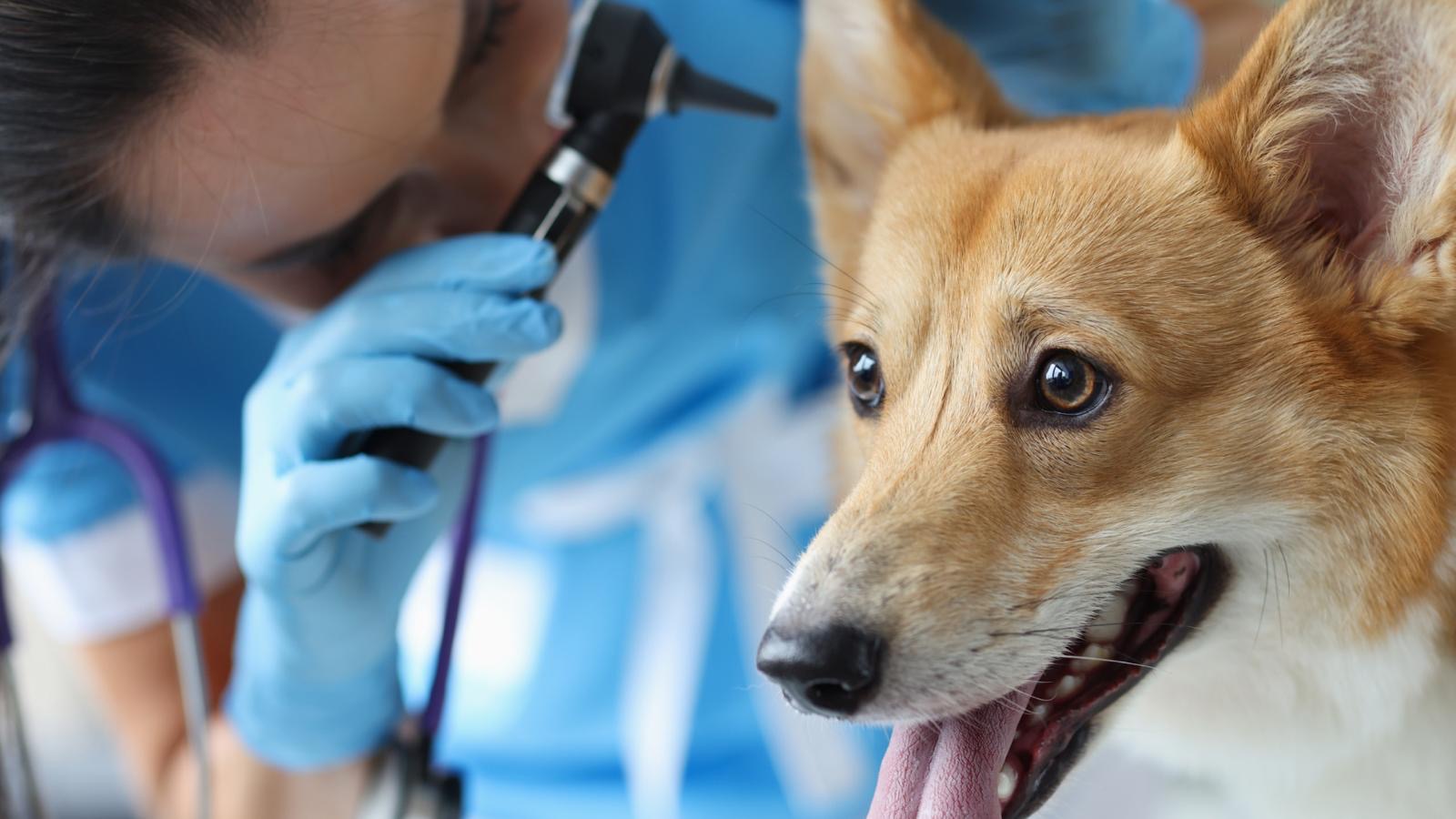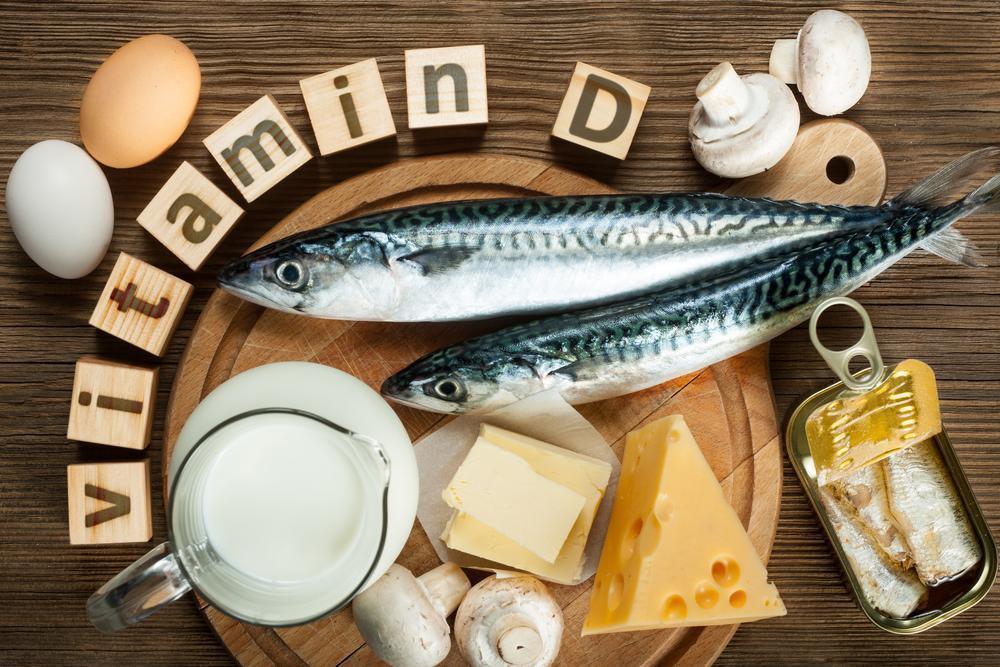
Mast cell tumour (MCT) represents a cancer of a type of blood cell normally involved in the body’s response to allergens and inflammation.
When they occur on the skin, MCTs vary widely in appearance. They can be a raised lump or bump on or just under the skin, and may be red, ulcerated, or swollen. In addition, many owners will report a waxing and waning size of the tumour, which can occur spontaneously, or can be produced by agitation of the tumour, causing degranulation.
Before we explore this tumour in more detail, lets take a look at mast cell function.
Mast cells are found in mucosal and epithelial tissues throughout the body.
They are involved in the regulation of variety of physiological functions, including:
In addition, mast cells regulate the function of many cell types, such as:
Since mast cells generate and release potent molecules, such as histamine, proteases, prostanoids, leukotrienes, heparin, and many cytokines, chemokines, and growth factors, they have the capacity to be involved in regulating the functions of many organs and tissues.
Mast cells also play a significant role in the regulation of bone growth, remodelling, and mineral homeostasis.
When mast cells undergo malignant transformation (become cancerous), mast cell tumours (MCTs) are formed.
Several epidemiological studies from many countries point out that MCTs have a high frequency in dogs.
It is the third most common tumour subtype, and is the most common malignant skin tumour, accounting for 11% of skin cancer cases.
Some breeds are predisposed to MCT development, including:
On the other hand, some breeds present a lower risk of MCT development, including:
Recent studies also sought to correlate the breed predisposition to the biological behaviour of MCT, and suggest that Pug and Boxer dogs are more prone to tumours with less aggressive behaviour, while the shar-pei tends to develop more aggressive tumours.
To date, no sexual predisposition has been considered.
MCT can develop at any age, but it is more common in adult to older animals.
Gastrointestinal complications are also seen, including ulceration. It is thought this is due to the high blood levels of histamine that stimulate the H2 receptor on parietal cells, resulting in excessive production of gastric acid and increased gastric motility. Gastrointestinal ulcerations are observed in 35–83% of canines affected by MCTs. You may notice black, tarry stools in this case.
But, if we are to explore this tumour in all its glory, we must look to the risk factors.
It would be wise to consider current skin health, and whether there may be high levels of inflammation. Is your dog itching? Is there an unmanaged sensitivity?
Things to Think About: Skin Health
Does My Pet’s Skin Have its Own HPA Axis?
Tackling Atopic Dermatitis in Pets
We talk at length about reducing our pet’s exposure to irritating compounds. Here we are considering all exposure, whether its diet, flea/worm treatments, cleaning products in the home or others found in the environment.
Check out some of our blogs for more information:
Is Your Toxic Home Affecting Your Pet?
How Does My Dog Manage Toxin Exposure?
This gene encodes a receptor tyrosine kinase that binds stem cell factor in canine mast cells. Mutations drive uncontrolled cell survival and proliferation, which is related to MCT development and progression.
We can’t escape that many cancers have a genetic element. At one time we thought genes were destiny, but we are learning more and more that genes load the gun, and the environment pulls the trigger. We can to some extent modulate gene expression, through lifestyle and therefore diet.
How Nutrition Affects Your Pet’s Genes
In addition, we have some general considerations to make regarding cancer, no matter where it is in the body.
If you are currently managing an MCT diagnosis and would like to support your dog’s journey, check out our services to see how we can help.
Thanks for reading,
MPN Team


